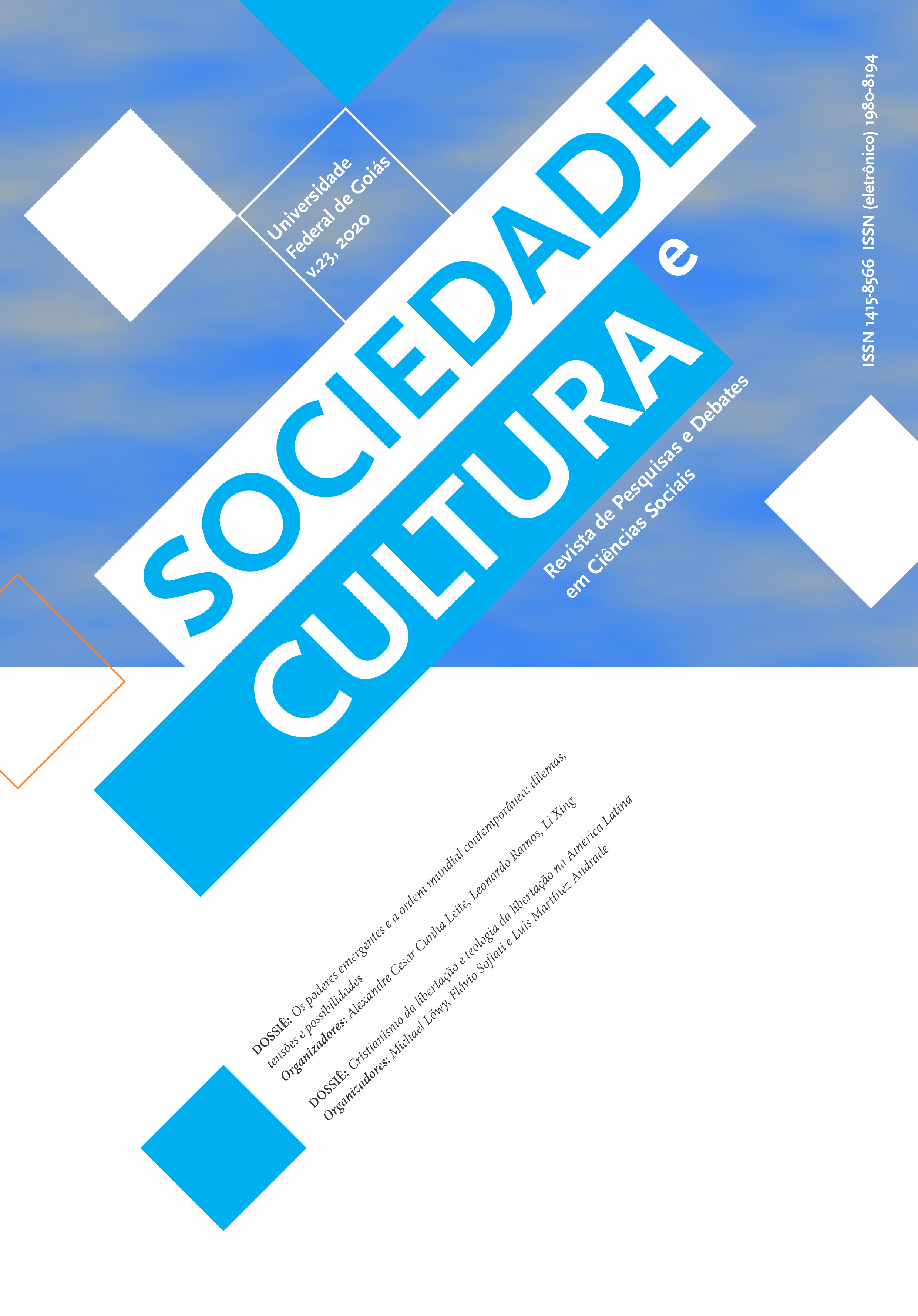Consumption of erotic objects by women: changing processes and contexts
DOI:
https://doi.org/10.5216/sec.v23i.52525Keywords:
mercados eróticos, objetos eróticos, sexualidades, gênero, consumo.Abstract
The attempt in this paper is to analyze the content of the relations involved with the consumption and use of erotic objects by women, in the context of the erotic market and its selling practices. This content is a form of engagement that holds its subjectivity and intimacy, preserving its particularities in the construction of itself
referring the living experiences and their sexual diversities. The paper gathers its data from inquiring the possible decolonization in the construction and in women experience, from their sexualities and from the way in which they interact with the objects. Unlike the repressive past focused on family and on reproduction, in our times sexuality involves the market discourse, the right to pleasure and an agency of oneself, in a way that there is a knowledge production of new significations and of decolonization processes in the field of
sexuality. The analysis is grounded on participant observations in sex shops and in sensual boutiques, field journals and interviews with 10 women from Curitiba, Paraná.
Downloads
Downloads
Published
How to Cite
Issue
Section
License
Authors who publish in this journal agree to the following terms:
- Authors retain the copyright and grant the journal the right of first publication, the work being simultaneously licensed under the Creative Commons Attribution License, which allows the sharing of the work with acknowledgment of authorship and of the initial publication in this journal;
- Authors are authorized to enter into additional contracts separately, for non-exclusive distribution of the version of the work published in this journal (eg, publishing in an institutional repository or as a book chapter), with acknowledgment of authorship and of the initial publication in this journal;
- Authors are allowed and encouraged to post and distribute their work online (eg, in institutional repositories or on their personal page) at any point before or during the editorial process, as this can bring productive change as well as increases the impact and the citation of the published work (see O Efeito do Acesso Livre).



